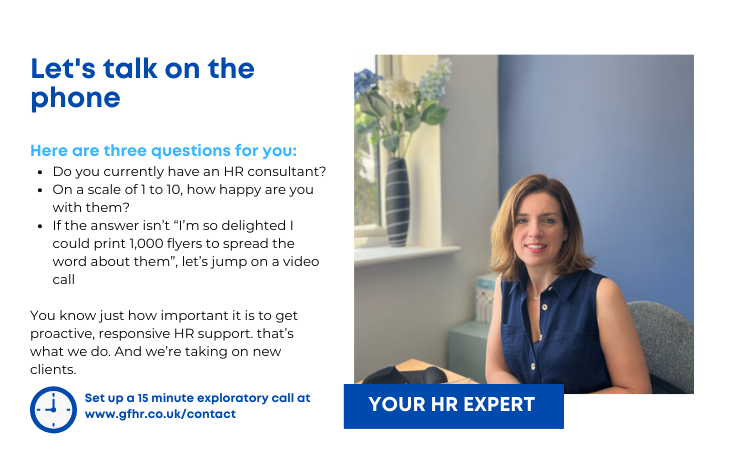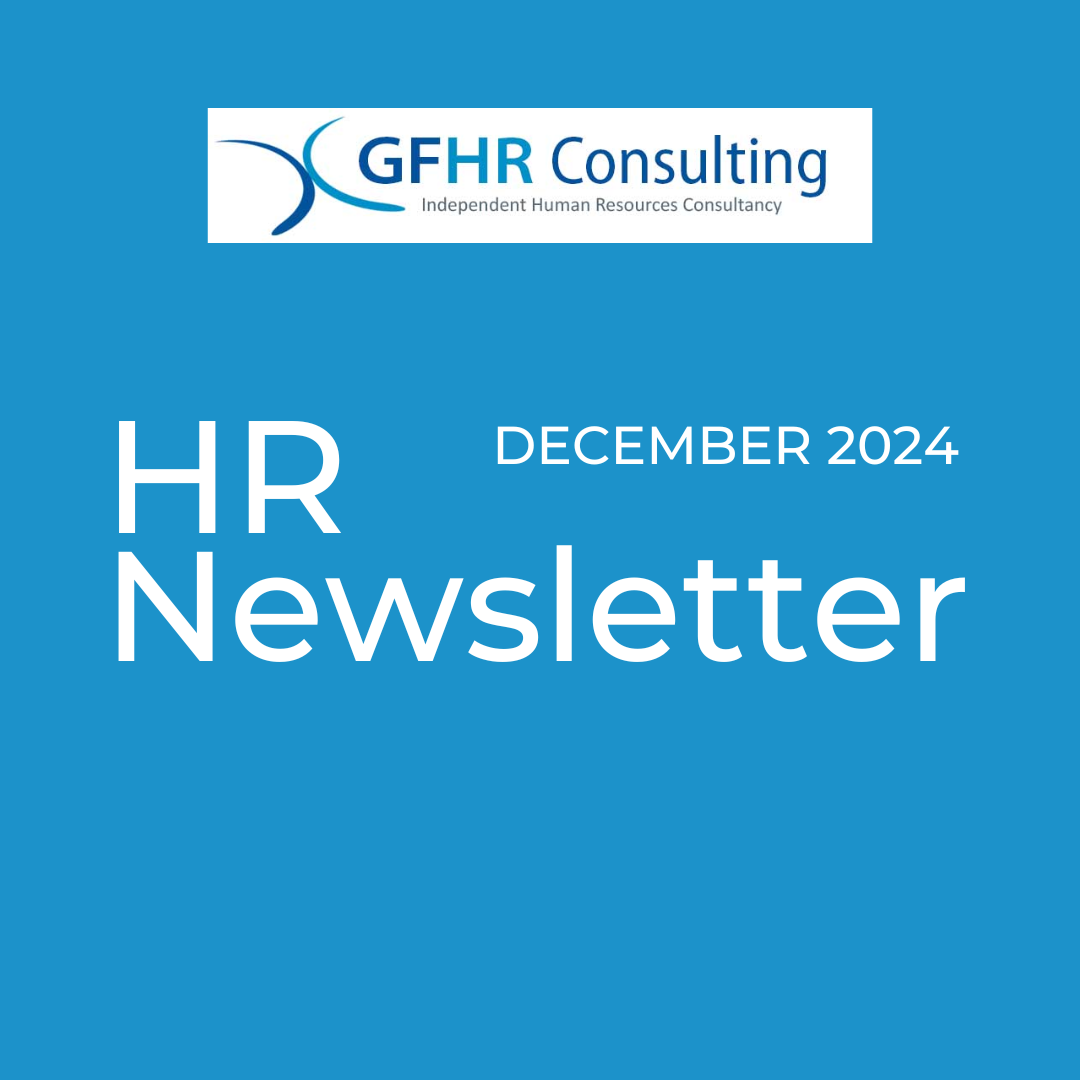How ‘Organisational Design’ will help you to have a successful 2025
2025 is just around the corner and lots of business owners we know are already planning ahead.
You’re likely using this time to take stock of the year to date, looking at your goals for 2025 and thinking about what you need to do to get there.
An important part of this process is reviewing your ‘Organisational Design’. We use this term to describe how your business operates from a people point of view.
It involves figuring out the best way to arrange your teams, roles and workflows so that everyone knows what they need to do, how they fit into the bigger picture and how they can work together efficiently.
For you, Organisational Design is about asking questions like:
• Are my employees in the right roles and do they know what is expected of them?

• Is communication flowing easily between departments?
• Are decisions being made quickly and effectively, or are there bottlenecks?
• Are my processes and systems set up in a way that helps the business to move towards its goals?
Want to make 2025 your most successful year to date?
Organisational Design is a vast task that can be daunting. This is where expert HR consultants like us can help.
Get in touch and we’ll help you to have your most successful year yet.

November was a busy month which culminated in Gemma winning Businessperson of the Year at the Tunbridge Wells Business Awards. This is a wonderful accolade and a real testament to her commitment to our clients and to the local community.
Congratulations Gemma!

The awards ceremony for the Business Awards Tunbridge Wells takes place on the 4th December. We are nominated for Best Small Business – wish us luck 🤞🏻



Christmas is just around the corner; our office will be closed from 23rd December and we will be back on the 6th January. If you are a current client and need to contact us urgently during the break please email support@gfhr.co.uk and we will get back to you.
Younger generations demand greater corporate action on social issues
A new report reveals that over half (53%) of Gen Z and Millennials expect businesses to take stronger stances on social issues, such as racial inequality and abortion rights.
This is a sharp increase from 39% in 2021, with many now believing companies are falling short in this area. Younger generations prioritise organisations aligning with their values, opting for those emphasising diversity, equity, inclusion (EDI), transparency and employee well-being. EDI is especially important for Gen Z and Millennials when choosing employers, with 57% supporting racial and gender targets.
The report stresses that businesses must back their words with actions and see purpose as a moral responsibility rather than a corporate advantage for long-term success.
Read more here.
According to research published in September, 73% of UK employees would take a pay cut in exchange for working four days a week.
This has increased from the 65% of employees who felt the same in 2023.
Read more here.
1 in 4 UK workers penniless before payday
A survey by Ciphr has revealed that one in four UK workers ran out of money at least once before payday this year, with younger employees particularly affected by the cost-of-living crisis and more likely to have taken out loans or moved in with family to save money.
Many employees have also worked while unwell due to fear of losing wages, with 55% of 18-24-year-olds doing so.
It is crucial to support employees’ mental and financial wellbeing more than ever, even if you cannot afford to offer additional company sick pay schemes.
Some recommended actions include:
1. Providing benefits that focus on supporting employees’ health.
2. Allowing flexible work arrangements can help to alleviate employees’ stress during illness or financial hardship.
3. Being understanding and compassionate when employees need time off due to illness can reduce the mental stress associated with financial and physical difficulties.
Read more here and get in touch for support with implementing these into your business.
Employment surveys are one of the most powerful tools you can use as a business leader
As a business leader, one of your jobs is to make big, difficult decisions.
When making a decision, you look at all the information available to you so that you can make the best, most informed decisions.
And when it comes to making decisions about your people, it’s important to use the same care and due diligence because they’re your greatest asset.
Employee surveys are the answer, giving you the insights you need to make the best decisions for your team.

They’re one of the most powerful tools you can use as a business leader. They help you to bridge the gap between what you think is going on and what is actually happening – because the two can often be very different things.
We’re here to help
We can work with you to design and roll out surveys to your employees, helping you to get the best insights and convert the findings into a solid action plan.
Get in touch for a confidential chat today.

What’s an “off the record” conversation?
An “off-the-record” conversation is meant to stay confidential and not be used later in formal claims or disputes. However, there’s no guarantee it won’t be repeated. It’s important to understand the distinction between “protected” and “without prejudice” conversations, always act reasonably and keep a private record of what was discussed. For legal protection, chat with us first.
Should I be paying a Christmas bonus?
Paying a Christmas bonus is a great way to reward staff and boost morale, but it’s only a legal requirement if specified in the employee’s contract. If it’s part of the contract, it becomes a binding obligation. Otherwise, it’s entirely at the employer’s discretion.
Should I pay my employee during bereavement leave?
There is no legal obligation to provide paid bereavement leave, except in cases of parental bereavement when an employee loses a child. However, many employers choose to offer paid leave, often referred to as ‘compassionate’ or ‘bereavement’ leave, based on company policy or the employee’s contract. You can also agree with the employee to treat the leave as sick.



